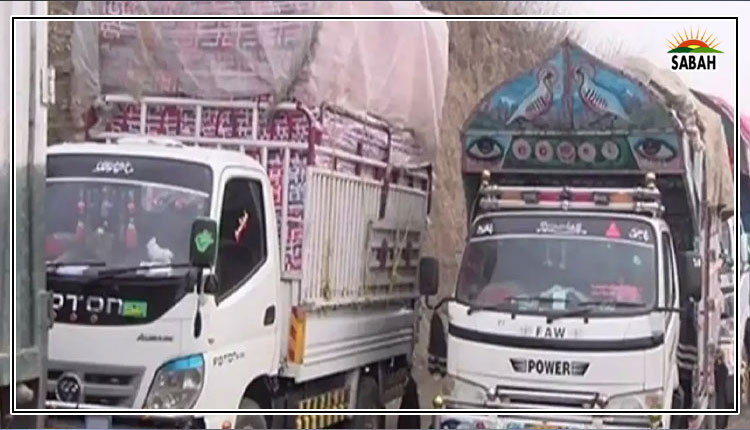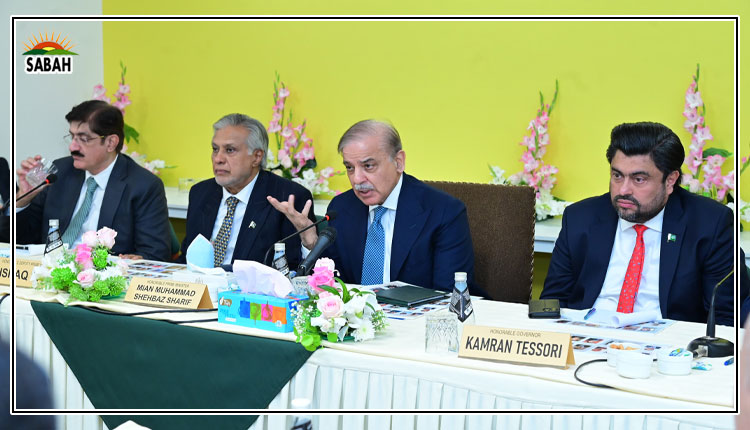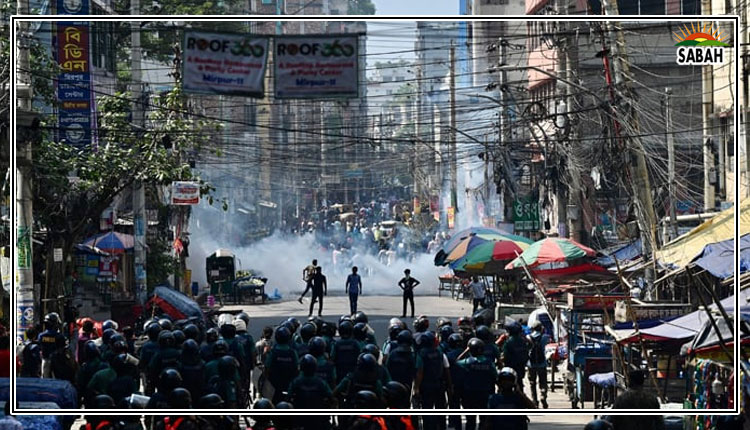Workers’ strikes…Editorial Board
The meteoric rise of Bangladesh as an economic power in rising Asia seems to be losing its momentum. The textile sector on which the country relies for its exponential growth is now witnessing some deep cracks. In recent weeks, garment factory workers in Bangladesh made it to the news when at least 500 factories were shut down due to protesters refusal to work until factory owners announced a reasonable wage structure for them. Tensions in Bangladesh over the countrys economic woes are not new. Even when the country was climbing up the ladder of success, experts had warned that the growth was placed on a delicate bubble that could burst at any moment. Bangladesh saw its success in an outsourcing model. Many Western companies outsourced their clothing orders to countries in the Global South in an attempt to decrease their cost of manufacturing and improve their profits. And as these companies focused on their profitability, developing countries, especially Bangladesh, pounced on the opportunity and became the second largest garment-producing country in the world; the sector employs more than four million workers. The industry suffered the first shock during the Covid-19 pandemic when factories closed down to contain the spread of the virus. For almost 18 months, as countries remained under the varying degrees of the pandemic-induced lockdowns, factories in Bangladesh witnessed a substantial loss in production orders.
And as the economy geared up to recover, the Russia-Ukraine war disrupted the progress, triggering an energy crisis. While the factories started receiving orders, owners had another challenge to conquer: the rising cost of doing business. This financial compulsion has led to a situation where companies now refuse to increase wages more than a certain level. The post-Covid and post-war economy has resulted in a cost of living crisis that has hit the working class hard. They have to cover their monthly expenses with their stagnant wages. Bangladeshs garment workers demands are genuine and require the undivided attention of the government, which is now eyeing for a win in the January 2024 elections.
The promises of growth that brought the current Hasina Wajid government that has been riding on the wave of popularity partly due to the unprecedented growth that the country witnessed a few years back has to answer workers concerns. Workers who are carrying the burden of running the countrys garment sector (whose production makes up 80 per cent of the countrys exports) should not be living below the poverty line; at present these workers earn 8,300 taka or $75 per month. A profitable sector means that people responsible for its operations can pay decent wages to workers whose sweat and blood go into meeting production requirements and completing high-quality products. While Bangladeshi authorities are using brutal tactics to suppress protests, it is time the stakeholders involved worked out a cogent wages plan to ensure that all workers are paid a decent amount.
Courtesy The News












